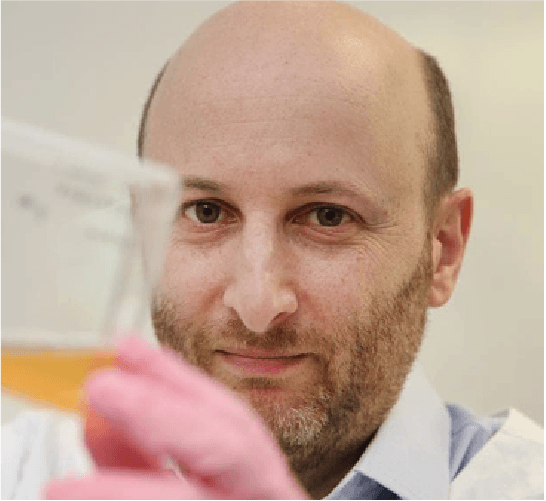 These are words from Associate Professor Ziegler who heads the dedicated, devoted and extraordinary team of researchers that Dainere’s Rainbow work directly with and support.
These are words from Associate Professor Ziegler who heads the dedicated, devoted and extraordinary team of researchers that Dainere’s Rainbow work directly with and support.
“I think there is nothing more cruel or unjust in the world than to see a child die at a young age from an incurable disease. It remains a sad and devastating fact that brain tumours, as a group, are the number one disease causing the most deaths in childhood. Every week around Australia, three young children, just like Dainere will die of a brain tumour. This is just not good enough”.
To make a difference and help elevate crucial awareness which is vital to more knowledge, education, support, understanding and funding we would be forever grateful if you would so kindly spread the word through workplace, sporting, educational, family and social media networks about Dainere’s Rainbow, Dainere’s Story and the incredible and tireless work of the research team.





